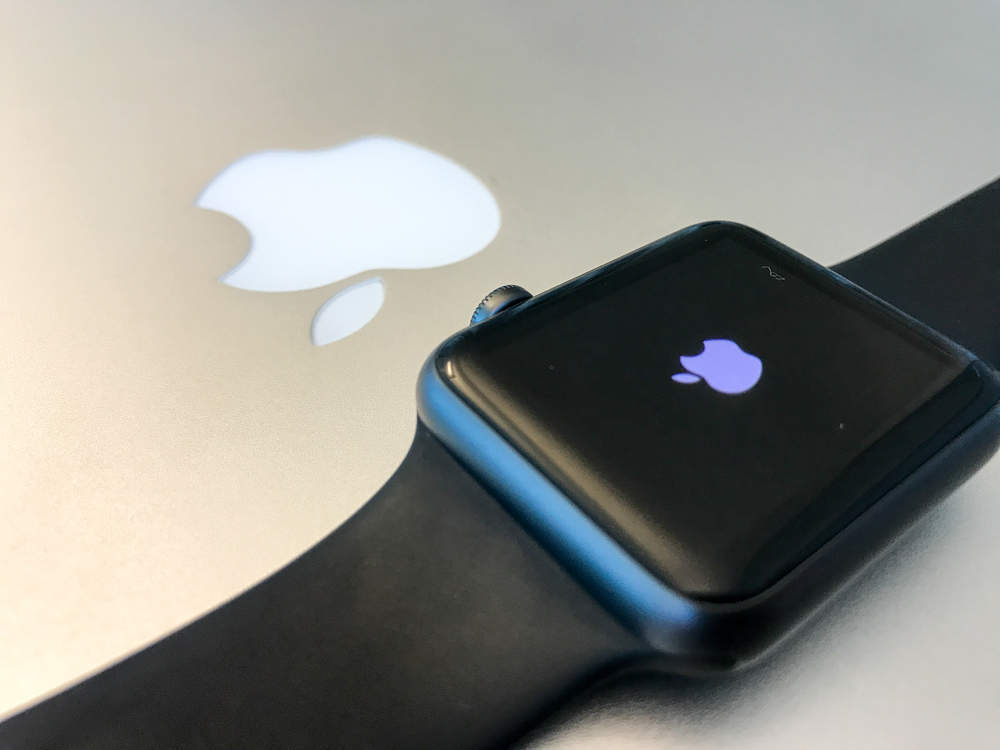Wearable devices can be used to detect the early signs of diabetes using an artificial intelligence (AI) network called DeepHeart and developed by Cardiogram, a study has found.
Smart watches were able to detect diabetes with 85 percent accuracy in 14,000 wearable users, solely based on individuals’ heart rate and step count from devices, according to a joint study between Cardiogram and the University of California.
Developers, however, have cautioned that this tool was not designed to diagnose, but to provide a potential screen for pre-diabetic patients.
Some 32m people in the US have diabetes, while a further 70m people are thought to be living with so-called pre-diabetes, according to GlobalData figures.
With 88 percent of people who are pre-diabetic unaware of their condition, and one in four cases of diabetes going undiagnosed, DeepHeart could provide an easy and affordable means of diagnosing a condition with ever-increasing societal importance.
In 2017, diabetes alone cost the US economy $245bn, according to the American Diabetes Society.
The combination of AI and smart watches is another win for tech giants Apple and Google, as they continue to explore the realm of digital health.
Apple’s intentions to become a key player in the healthcare space are clear.
Last year it made multiple health improvements and updates to its Apple Watch, a new patent for the potential use of the iPhone as a health sensor, the launch of its first sponsored clinical trial, and multiple health-related acquisitions.
This is not the first time Cardiogram has trained AI to identify disease; the start-up has previously used deep learning to detect atrial fibrillation, hypertension, and sleep apnea.
If wearables are able to be used to better diagnose, manage, and treat disease at earlier stages these technologies could completely alter the way diseases are currently managed.
The power of wearables will be further realised as healthcare systems move towards value-based care and pricing models.
If diseases are able to be detected and managed in a more streamlined way using developments and data from wearables, the value of these devices will become fundamental to healthcare providers and payers.







